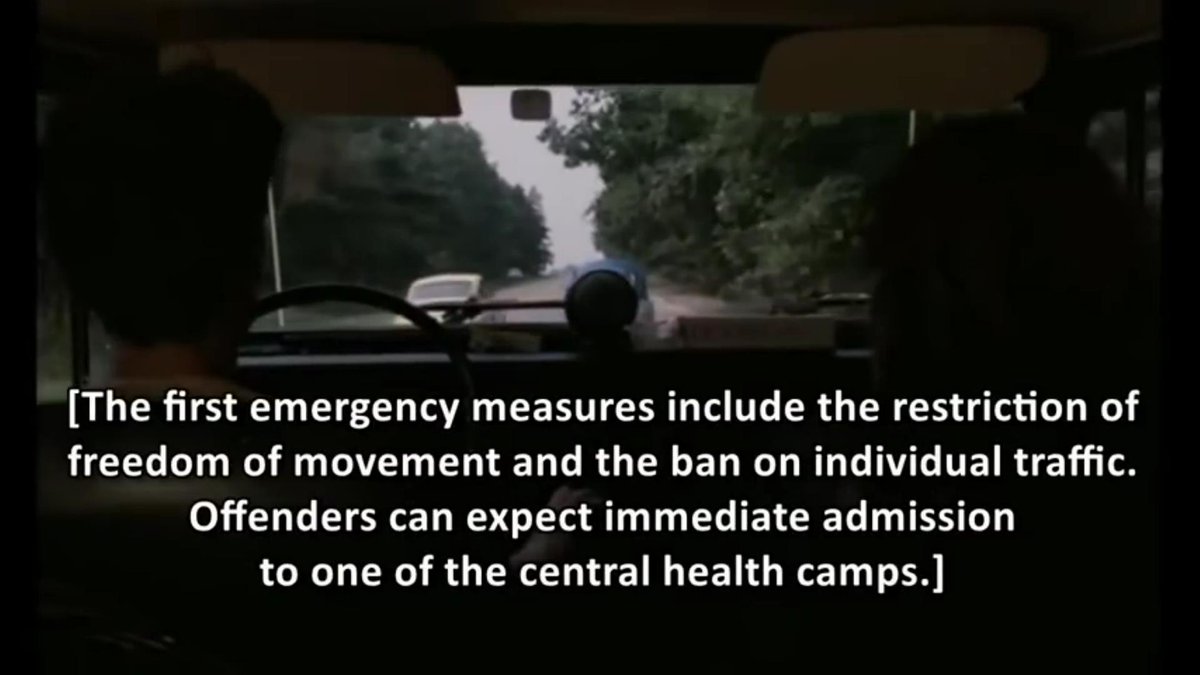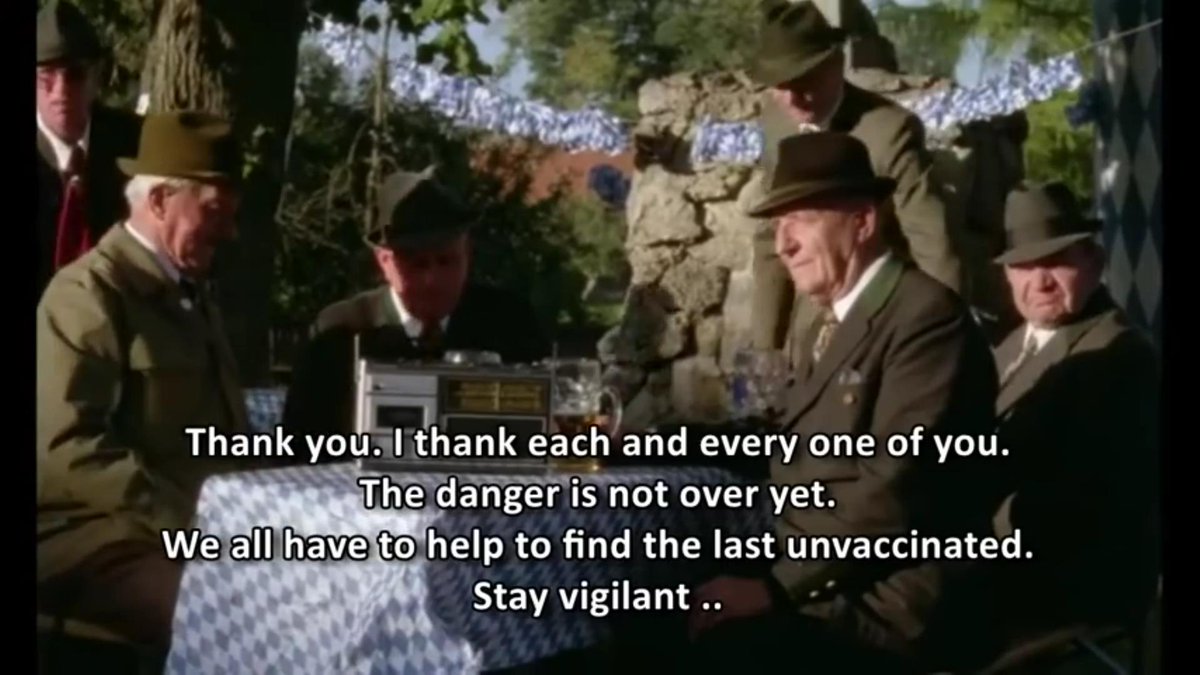
Between 1911 and 1915, seven presidents were assassinated or overthrown in Haiti. In 1914, the Wilson Administration sent marines into Haiti who removed $500,000 from the Haitian National Bank for safe-keeping in New York, thus giving the U.S. control of the bank.
https://twitter.com/madanboukman/status/1358454033028165641
In 1915, Haitian president Jean Vilbrun Guillaume Sam was assassinated. In response, President Wilson sent the U.S. Marines to Haiti, claiming the invasion was an attempt to prevent anarchy. In reality the Wilson administration was protecting U.S. assets in the area.
The invasion ended with the Haitian-American Treaty of 1915. The agreement created a Haitian gendarmerie, a military force made up of Americans and Haitians and controlled by the U.S. marines.
The United States gained complete control over Haitian finances, and the right to intervene in Haiti whenever the U.S. Government deemed necessary.
The U.S. Government also forced the election of a new pro-American President, Philippe Sudr Dartiguenave, by the Haitian legislature in August of 1915. The selection of a President that did not represent the choice of the Haitian populace increased unrest in Haiti.
Following the successful manipulation of the 1915 elections, the Wilson Administration attempted to strong-arm the Haitian legislature into adopting a new constitution in 1917.
This constitution allowed foreign land ownership, which had been outlawed since the Haitian Revolution as a way to prevent foreign control of the country. The legislature was extremely reluctant to change the long-standing law and rejected the new constitution.
Law-makers began drafting a new anti-American constitution, but the United States forced President Dartiguenave dissolve the legislature, which did not meet again until 1929.
Some of the Gendarmerie's more unpopular policies (including racial segregation, press censorship and forced labor) led to a peasant rebellion from 1919 to 1920.
The U.S. Senate sent an investigative committee into Haiti in 1921 to examine claims of abuse, and subsequently the U.S. Senate reorganized and centralized power in Haiti.
After the reorganization, Haiti remained fairly stable and a select group achieved economic prosperity, though most Haitians remained in poverty.
In 1929, a series of strikes and uprisings led the United States to begin withdrawal from Haiti. In 1930, U.S. officials began training Haitian officials to take control of the government.
In 1934, the United States, in concert with President Franklin D. Roosevelt's "Good Neighbor Policy", officially withdrew from Haiti while retaining economic connections.
All three rulers during the occupation came from the country's small mulatto minority.
President Vincent took advantage of the comparative national stability, which was being maintained by a professionalized military, to gain absolute power.
A plebiscite permitted the transfer of all authority in economic matters from the legislature to the executive, but Vincent was not content with this expansion of his power. In 1935 he forced through the legislature a new constitution, which was also approved by plebiscite.
The constitution granted Vincent the executive sweeping powers to dissolve the legislature at will, to reorganize the judiciary, to appoint 10 of 21 senators (and to recommend the remaining eleven to the lower house), and to rule by decree when the legislature was not in session.
Although Vincent implemented some improvements in infrastructure and services, he brutally repressed his opposition, censored the press, and governed largely to benefit himself and a clique of merchants and corrupt military officers.
A fine legacy for Woodrow Wilson, "leader of the Progressive Movement"
• • •
Missing some Tweet in this thread? You can try to
force a refresh











